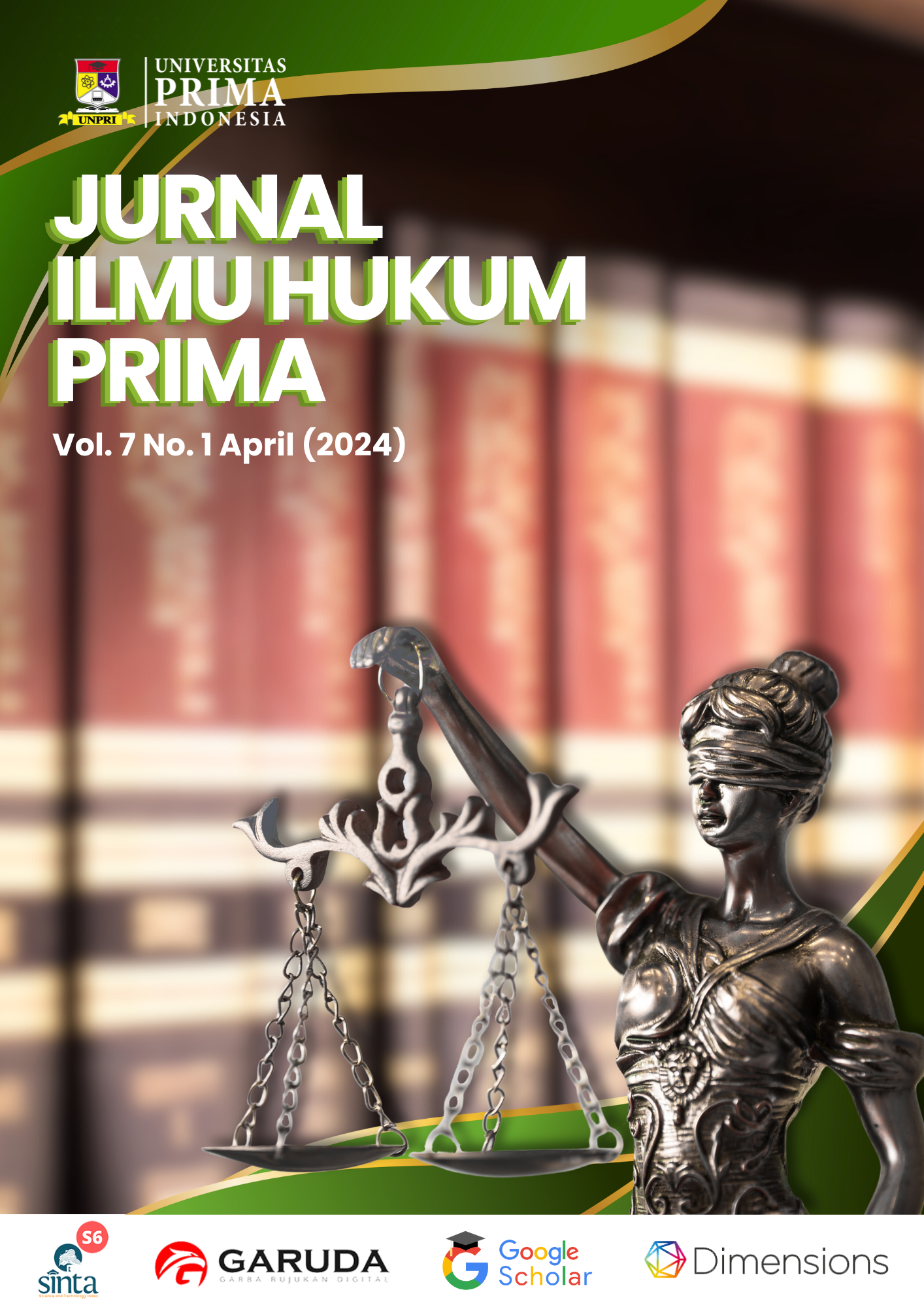Pengaturan Pernikahan di Bawah Umur Menurut Hukum Positif di Indonesia
##plugins.themes.academic_pro.article.main##
Abstract
Underage marriage, defined as a marriage in which one or both parties have not reached the minimum age prescribed by law, is a complex social issue with far-reaching impacts for individuals, families and communities. The impact of underage marriage which, among others, can increase the risk of complications in pregnancy and childbirth, maternal or infant mortality, child stunting, hampering education, limiting employment opportunities, plunging into poverty, risk of depression, domestic violence and harming the freedom of individual autonomy. For this reason, community participation is needed, including raising awareness about the negative impacts of underage marriage through education and advocacy. On the other hand, the role of the government is also needed, namely by strengthening regulations and law enforcement related to the minimum age of marriage, providing access to education and comprehensive reproductive health services, encouraging economic empowerment programs and improving the standard of living of the community and building cross-sectoral cooperation to prevent underage marriage. This research uses normative legal research, which is descriptive and analytical. The data source used is library data. The data collection technique and tool used is library research. This research analyzes data qualitatively. Based on Article 65 of the Law of Notary Public, the Notary public who makes the deed is responsible for the minutes of the deed he had made even though the minutes of the deed had been handed over to the Notary public holding the protocol. The Notary public holding the protocol is not responsible if there is a lawsuit regarding the contents of the minutes of the deed contained in the protocol he received. The Supreme Court's decision concerns Notary public matters, only considering the lawsuit as lacking parties.

